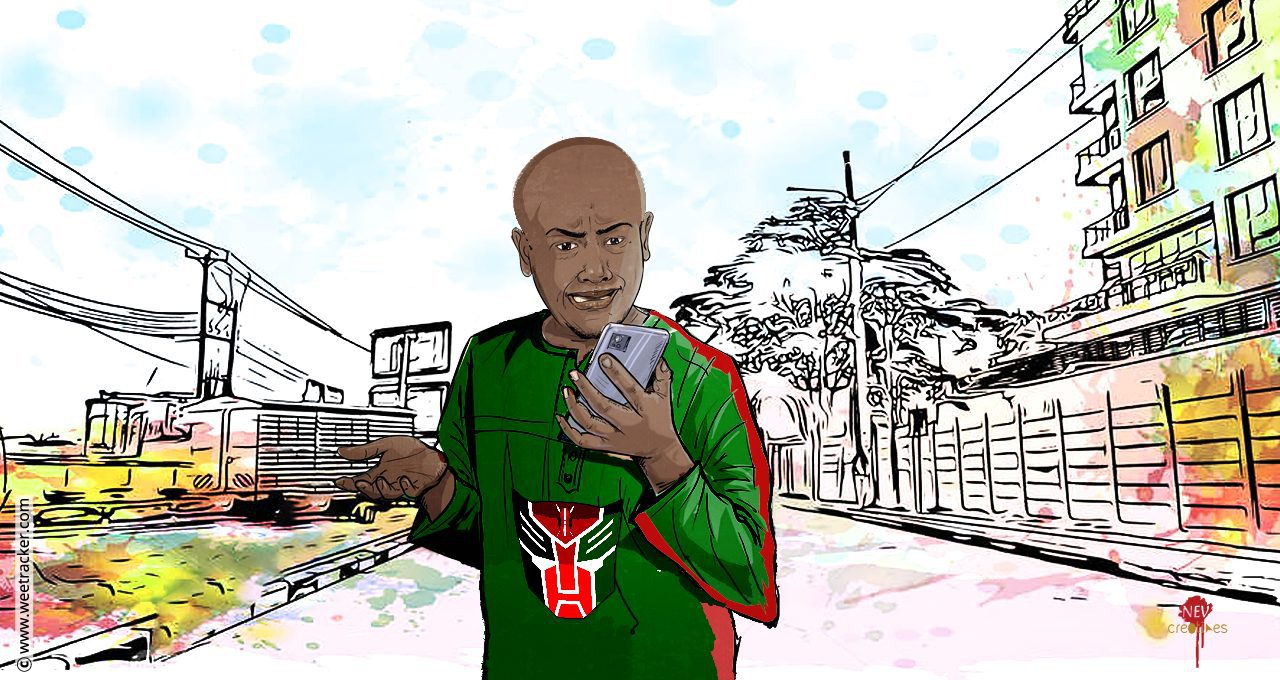Kenya Moves To Rescue 4.2 Million Borrowers Stuck In Digital Loan Hole

One of the telling consequences of the well-documented mobile lending overdrive that has gripped Kenya over the years is reflected in the millions of locals that have been blacklisted after defaulting on small loans offered in an unchecked manner. This has caused the country’s financial industry regulator to take action, as revealed in an announcement this week.
Banks will offer at least a 50 percent discount on defaulted loans to 4.2 million mobile borrowers, according to the Central Bank of Kenya (CBK), to promote repayment.
Press release: Credit Repair Framework pic.twitter.com/Ay9eZVisyP
— Central Bank of Kenya (@CBKKenya) November 14, 2022
Commercial banks and microfinance organizations would forfeit at least KES 15 B (~USD 122 M) as part of the Credit Repair Framework plan, which will also provide businesses and people a chance to rebuild their credit scores.
In a statement released Monday, CBK stated that banks will contact defaulters who had been most negatively impacted by COVID-19 and establish new repayment schedules for the remaining loan sum. The repayment period for the new scheme will be halted at the end of May next year.
“It is anticipated that the Framework will enable over 4.2 million mobile phone digital borrowers, adversely listed with CRBs, to repair their credit standing. The total value is approximately KES 30 B, equivalent to 0.8 percent of the gross banking sector loan portfolio of KES 3.6 T at end of October 2022,” the CBK said in a statement which also mentioned that the new approach will only apply to loans with 30-day or shorter repayment terms.
Short-term mobile phone loans have become increasingly popular in Kenya as a result of the economic effects of the Covid-19 outbreak and the country’s rising cost of living. The cost of this, however, is that some borrowers have not repaid their loans when they become due, which has resulted in an increase in blacklistings on Credit Reference Bureaus (CRBs) – effectively blocking the credit prospects of millions of people.
“CBK reminds the public to honour their payment obligations on their credit facilities when they fall due. When borrowers experience challenges in repaying their loans, they should proactively engage their lenders,” CBK noted.
The majority of the 4.6 million borrowers blacklisted at one point were those who had defaulted on digital loans of less than KES 1 K (~USD 8.20), per data from the nation’s three CRBs.
Millions of Kenyans have been hamstrung by fewer opportunities to borrow additional money to expand their businesses or fund projects as a result of the rising number of borrowers that have been blacklisted.
President William Ruto first announced intentions to restructure the nation’s credit sector in September and promised to remove more than four million loan defaulters off the Credit Reference Bureau (CRB) blacklists.
The Central Bank of Kenya (CBK) has now been ordered by the President to stop placing debtors on blacklists and adopt a scoring system where defaulters receive poor scores as opposed to being excluded from the financial system. This comes hot on the heels of volitional cuts to the rates charged on Safaricom’s loan product, Fuliza, just weeks after the new president took office.